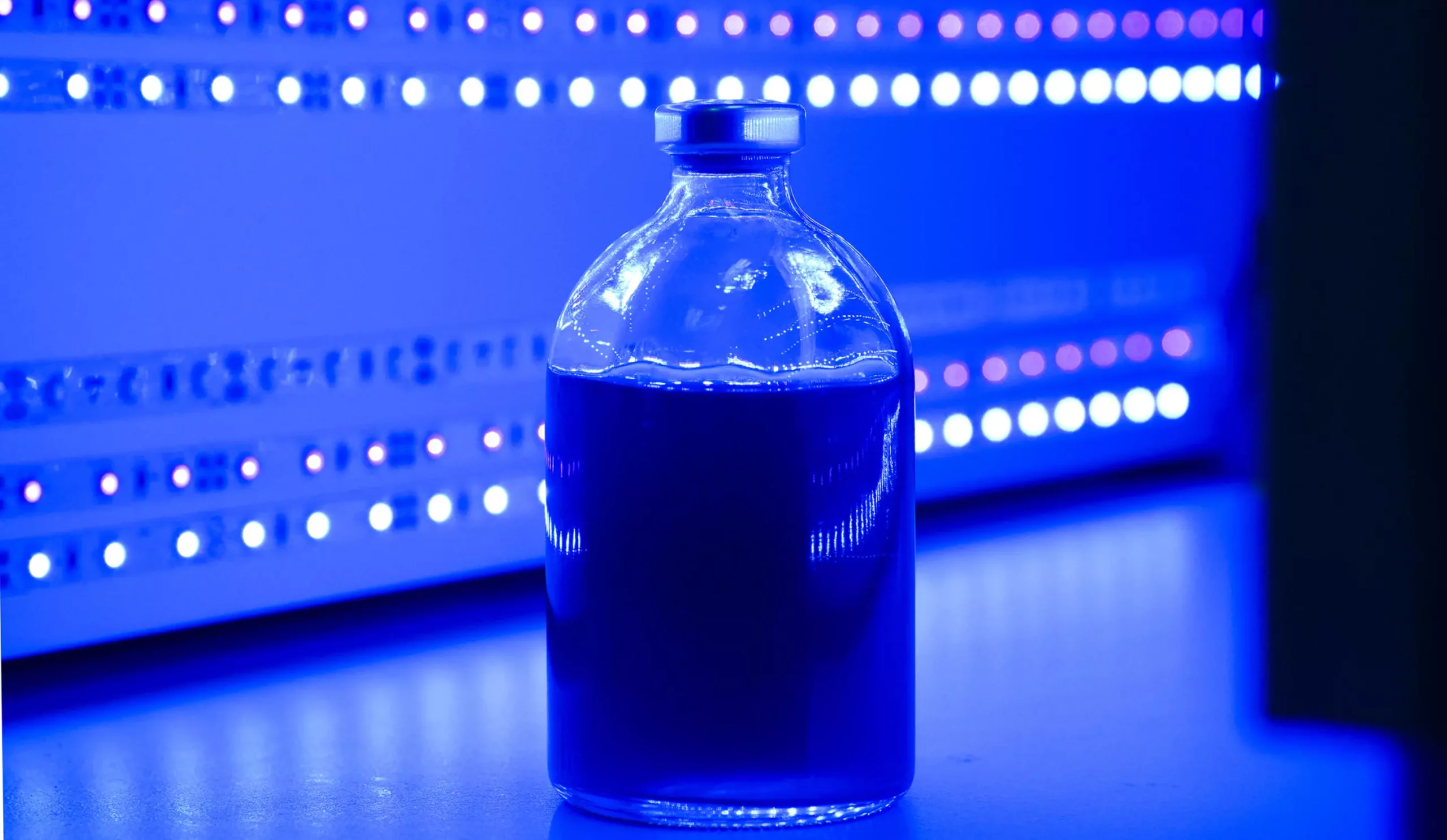Nitrogenases are crucial enzymes on Earth, responsible for providing bioavailable nitrogen to all forms of life in the form of ammonia (NH3). In addition to their role in nitrogen fixation, some nitrogenases have the ability to convert CO2 into hydrocarbon chains, making them a promising target for biotechnological applications. A team of researchers led by Johannes Rebelein in Marburg, Germany, has conducted a study to gain insight into the substrate specificity and preferences of nitrogenase enzymes, challenging the existing understanding of their function and highlighting their potential for sustainable bioproduction.
Substrate Specificity of Nitrogenases
The study focused on the photosynthetic bacterium Rhodobacter capsulatus, which houses two isoenzymes of nitrogenase: the molybdenum (Mo) nitrogenase and the iron (Fe) nitrogenase. The researchers found that the Fe nitrogenase is more efficient in reducing CO2 compared to the Mo nitrogenase, producing formic acid and methane at atmospheric CO2 concentrations. Interestingly, when both enzymes were exposed to CO2 and N2 simultaneously, the Fe nitrogenase showed a preference for CO2 over N2. This lower specificity of the Fe nitrogenase makes it a promising candidate for the development of novel CO2 reductases.
Implications for Sustainable Bioproduction
The findings of the study challenge the traditional view of nitrogenases as solely nitrogen-converting enzymes. The ability of nitrogenases, particularly the Fe nitrogenase, to reduce CO2 into valuable products such as hydrocarbons and formic acid suggests a potential role in sustainable bioproduction. Photosynthetic bacteria like R. capsulatus, which utilize light energy to activate nitrogenases for CO2 conversion, could play a significant role in driving the shift towards a sustainable circular economy. By capturing sunlight energy and converting CO2 into useful chemicals, these microorganisms have the potential to contribute to a more sustainable and eco-friendly industrial production process.
The study by Rebelein and his team sheds light on the diverse capabilities of nitrogenase enzymes and their potential for sustainable bioproduction. The discovery of the Fe nitrogenase’s efficiency in CO2 reduction and its preference for CO2 over N2 opens up new possibilities for biotechnological applications. By harnessing the unique properties of nitrogenases, researchers can explore novel pathways for converting greenhouse gases into valuable products, contributing to a more sustainable and environmentally friendly future.


Leave a Reply